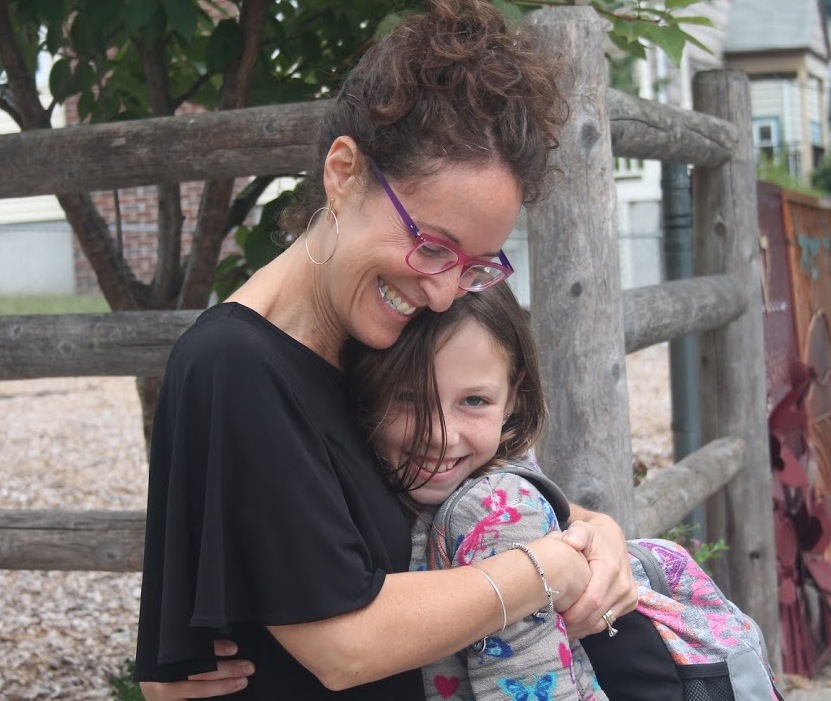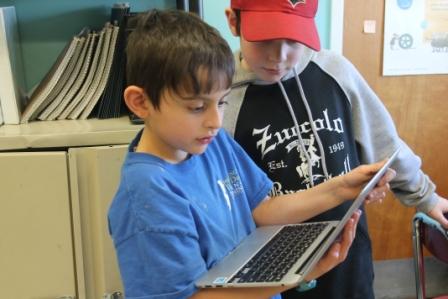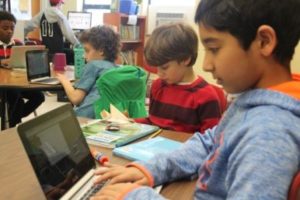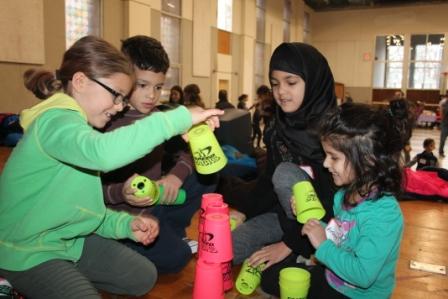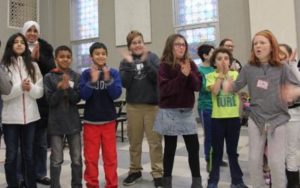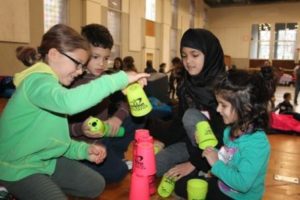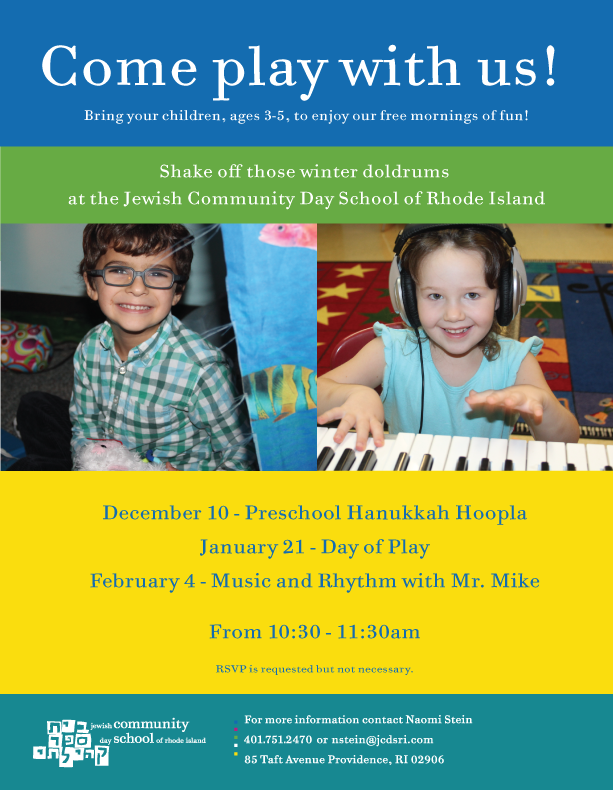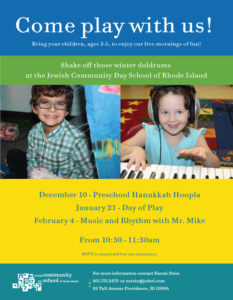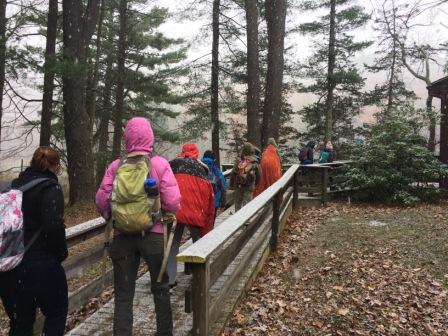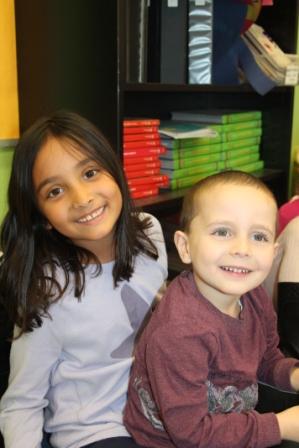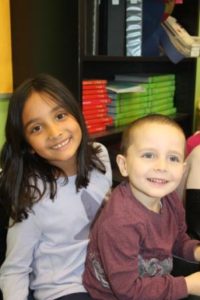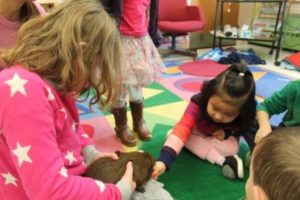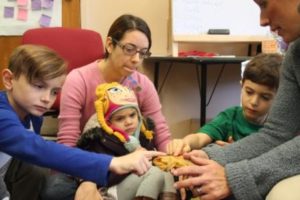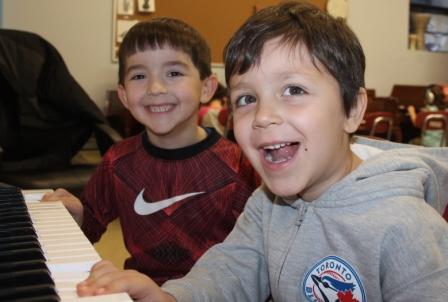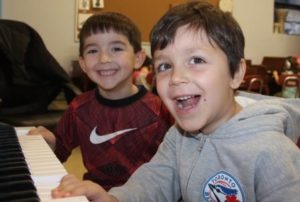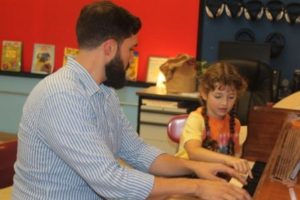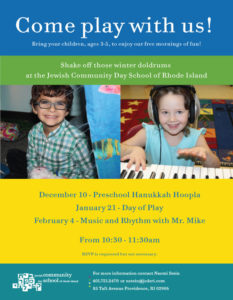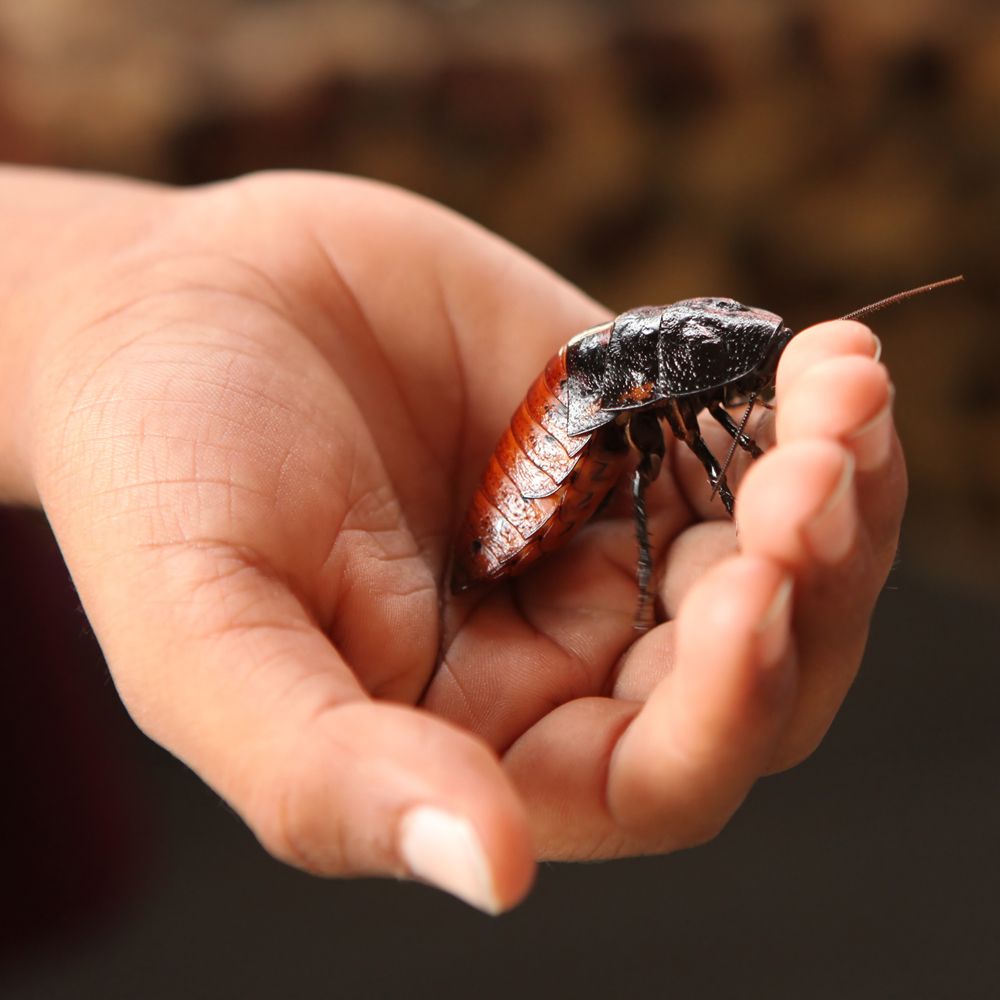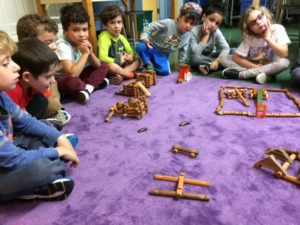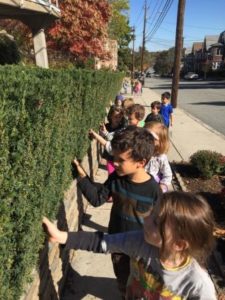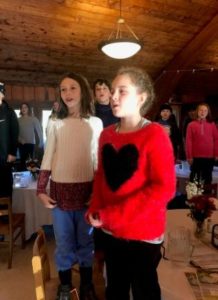 Fifth grade students recently returned from their three-day Teva overnight. Teva is an annual fifth grade milestone experience that younger students eagerly anticipate. Teva is a Jewish experiential learning program that focuses on personal growth, community building and inspiring students to be Shomrei Adamah – guardians of the earth.
Fifth grade students recently returned from their three-day Teva overnight. Teva is an annual fifth grade milestone experience that younger students eagerly anticipate. Teva is a Jewish experiential learning program that focuses on personal growth, community building and inspiring students to be Shomrei Adamah – guardians of the earth.
Participants learned new skills, such as whittling, glass carving, felting and wood engraving. They also enjoyed adventures such as hiking scavenger hunts and games such as “predator-prey,” which combines food web relationships and tag. During meals, Teva counselors taught about composting and how to reduce food waste. At the end of every meal, uneaten food was weighed, helping students think about how to reduce food waste. Over the course of the three-day camp experience, participants worked toward a meal with zero food waste.
Teva staff raved about our fifth grade class, commenting to our teachers that our children were “amazing,” “engaged,” and “excellent participants!” JCDSRI students led prayers one morning using the percussive style that we practice here at school. Our own faculty boasted that our students led the community with “poise, confidence and a mastery of the prayers.”
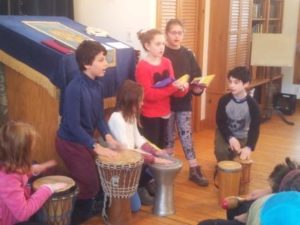
The last night at camp Teva included the famous night hike that helps students appreciate how their abilities and instincts react in the dark. Of course, the week wouldn’t have been complete without a campfire that included lots of singing and s’mores!
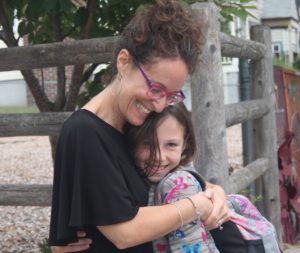 It’s cold. The sun struggles to make itself known, weakly shining through the gray clouds. It’s another early morning in February. On this particular morning, there is a tug on my coat. I turn and a student shyly reaches for my hand. Taking it in his, he says: “Thank you for always saying ‘hi’ to me in the morning. It makes me feel special.”
It’s cold. The sun struggles to make itself known, weakly shining through the gray clouds. It’s another early morning in February. On this particular morning, there is a tug on my coat. I turn and a student shyly reaches for my hand. Taking it in his, he says: “Thank you for always saying ‘hi’ to me in the morning. It makes me feel special.”